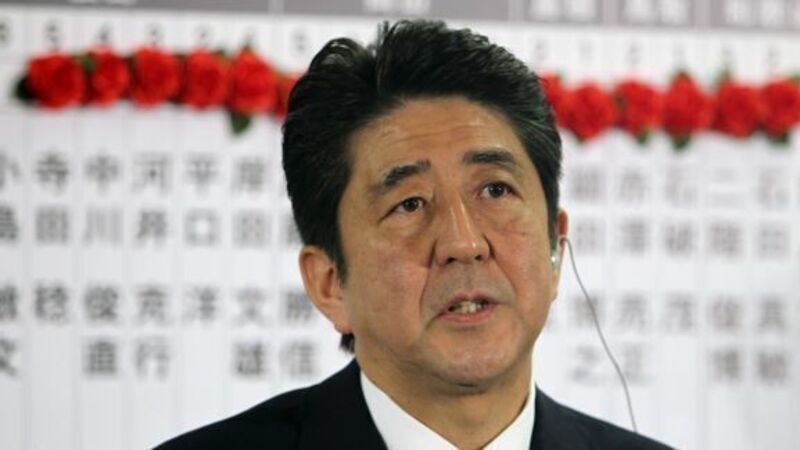Stronger hand for Japan’s coalition

Japan’s ruling coalition has won a resounding victory in lower house elections, strengthening Prime Minister Shinzo Abe’s hold on power as he prepares to push forward on several politically difficult fronts.
The conservative Liberal Democratic Party, which has ruled for most of the post-Second World War era, locked up a solid majority, and appeared headed to win at least two-thirds of the House of Representatives with its coalition partner, the Buddhist-backed Komei party.














